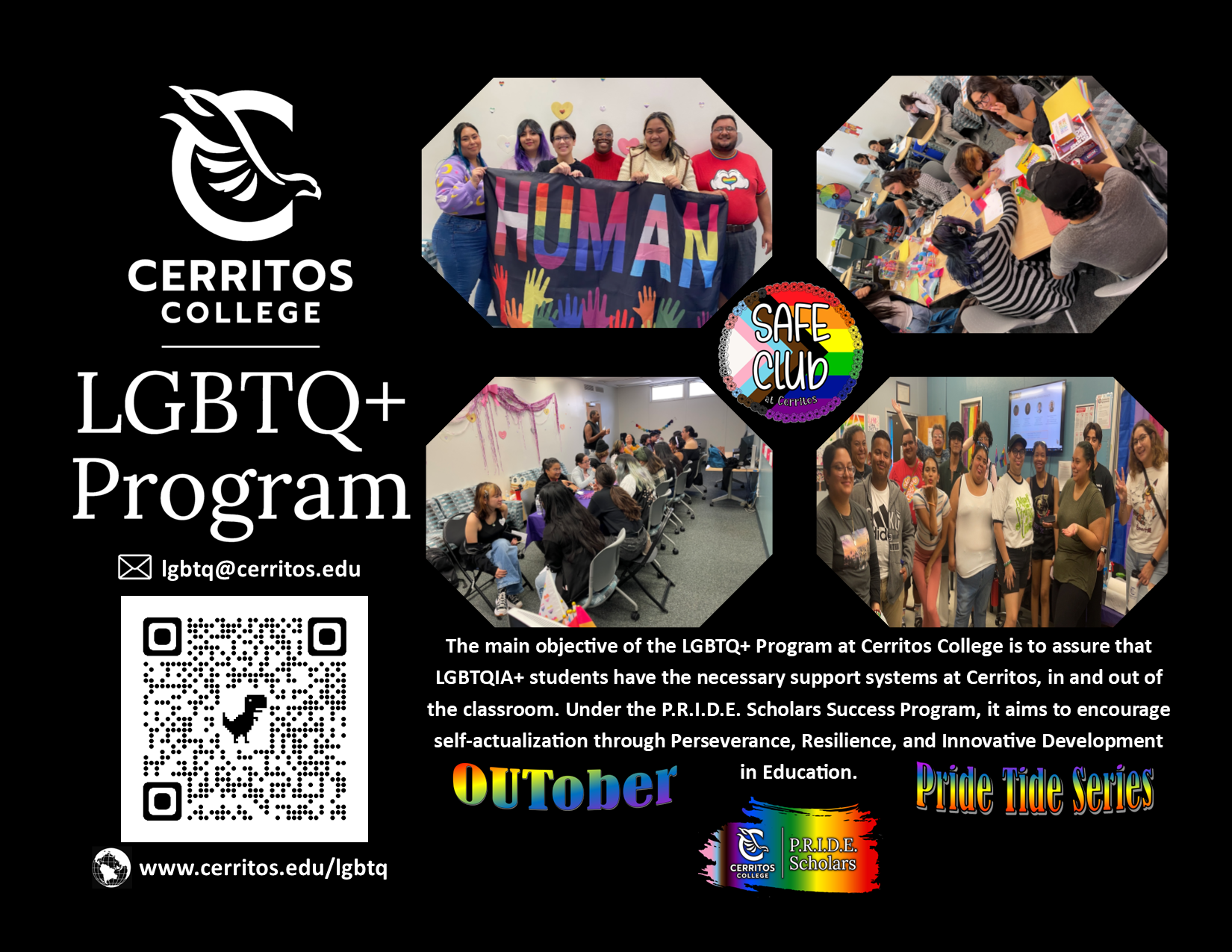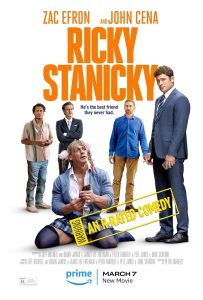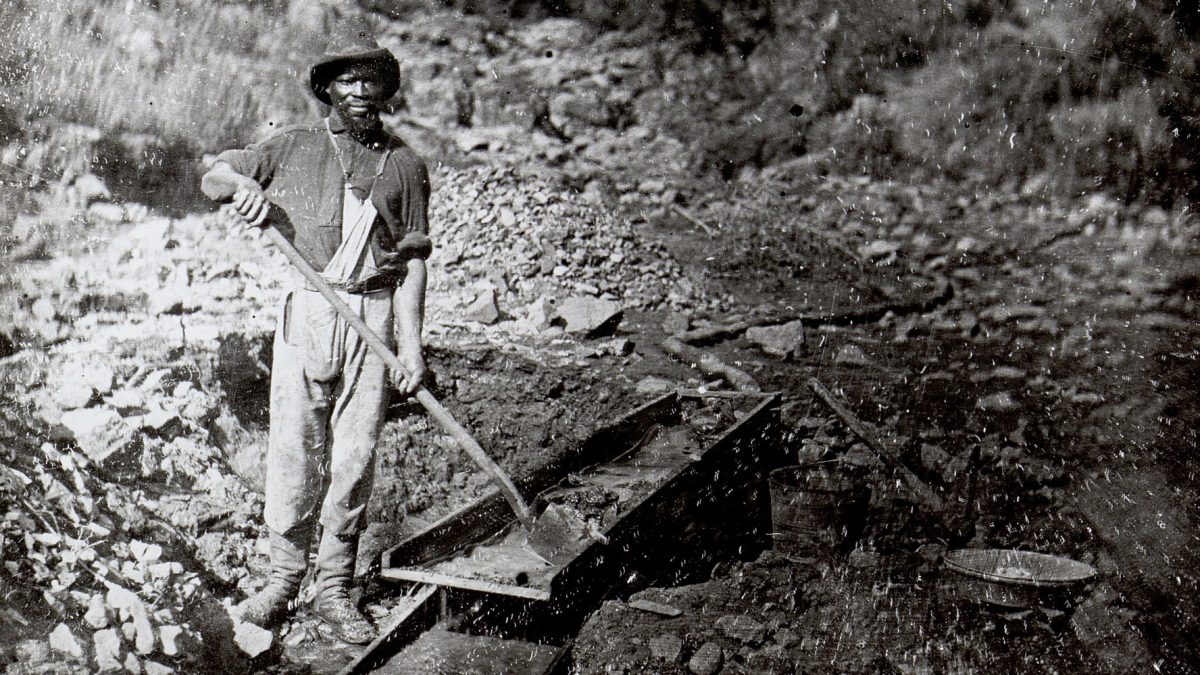We can all understand the fondness one would have for a favorite TV series or film franchise.
Nostalgia is a funny and familiar sensation, and when you see a movie from your childhood on TV, or an old afterschool series on DVD, you tend to think of a better and simpler time.
This reassuring reminiscing is the heart of our love for cinema and television.
As images and stories are made for us to remember, it is considerably reasonable for fans of movies and shows to be wary of remakes and remastering.
Remastering and remaking movies should be done with the utmost care.
Changes should be done mainly to match the technological enhancements of the time, such as special effects and adding clarity to the original images.
Removing entire scenes or affecting the plot is a disservice to the original intention of the story and the invested fan base.
Fans can never agree on whether remakes are a good or bad thing, but remastering is another practice for films that can be very clearly seen as a pro or con.
All it constitutes is enhancing audio and video quality of a film and can also include altering or adding scenes to the movie.
A well-known instance of remastering is Steven Spielberg’s “E.T. the Extra-Terrestrial.”
Spielberg decided to re-release his iconic film in 2002 with added scenes and digitally altered effects, infamously replacing the scene where federal agents threaten E.T. and Elliot.
He has said becoming a father made him more sensitive to the scene and he wanted to change certain things to better fit his original vision.
Does Spielberg have an obligation to the fans of his work to keep it in its most original portrayal?
On one hand, he is the writer of the story and he has the freedom of creativity to alter his work.
However, admirers of the film may feel wronged by the alterations to their beloved movie.
Whatever the case, it is a murky and unnecessary argument. There is clearly a right and wrong way to deal with changes and revisions to a writer or artist’s work.
As the largest media and entertainment conglomerate in the world, Disney chooses to cut the creative fat from the moneymaking meat of its product.
Disney only takes profits into account when remastering past childhood memories such as “The Lion King,” “Mary Poppins,” and “Cinderella.”
Lack of respect for original creative visions is normal for Disney and it only makes decisions based on monetary gain and not public feedback.
This is one aspect of the remastering craze adds to its negative image. Careless modification to classic stories does nothing but alienate fans and supporters.
If someone is going to re-release an adored film, then it should be done right and with the utmost care.
Universal Studios’ choice to remaster “Back To The Future” was questionable at first, but their handling of the re-release is purely technical and quite tasteful.
Enhanced special effects and scenes rendered in high definition are the only changes made to the film, actually complementing the original rather than trying to replace it.
The film is planning on a small reception, opening up in only 40 cities. What makes it all the more satisfying is the event to follow the re-release: a re-creation of Marty McFly’s week in 1955.
The event will give all proceeds to TEAM FOX, the community initiative for The Michael J. Fox Foundation, for Parkinson’s research and is a shining example of the lovely feeling we get from nostalgia.










